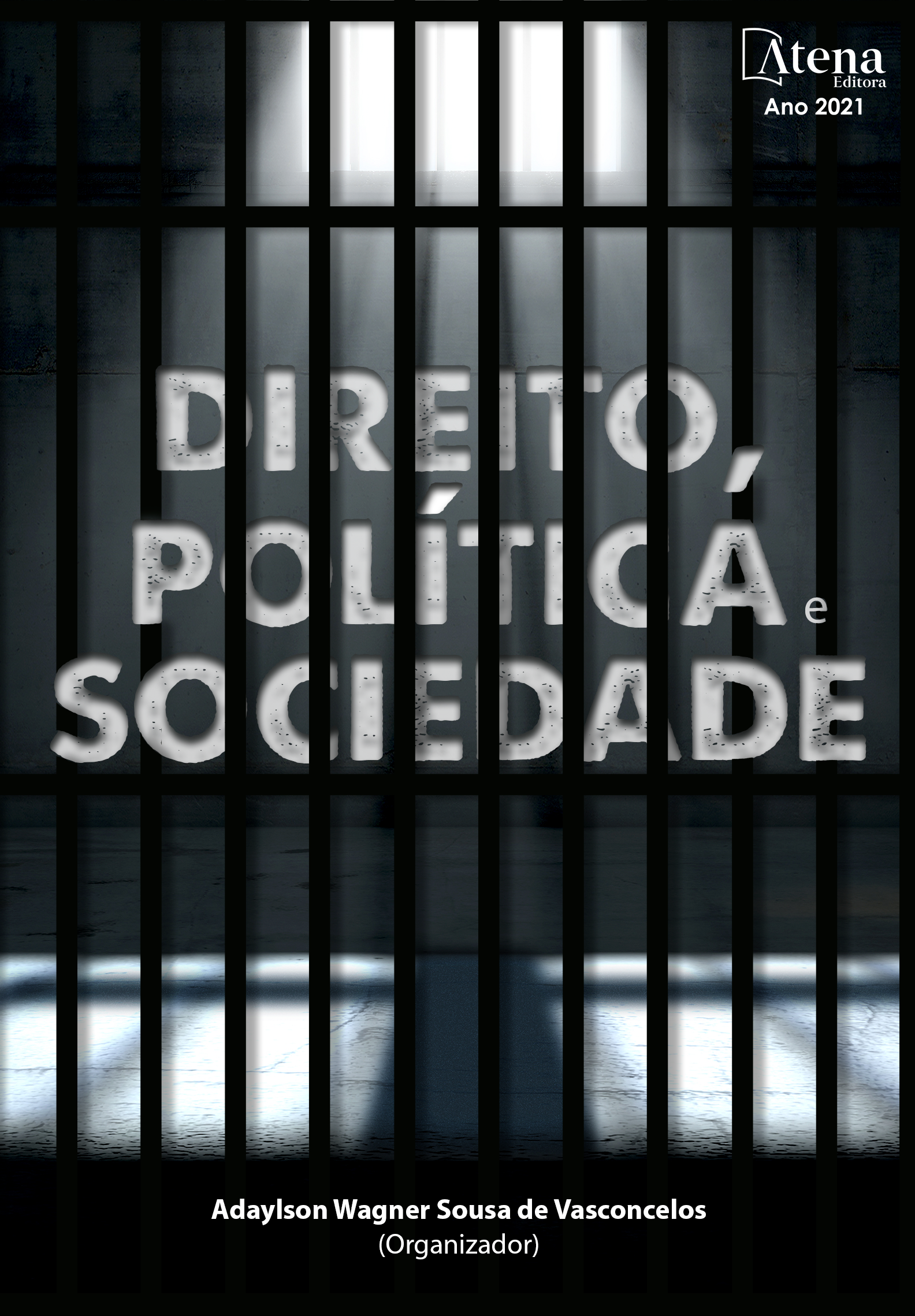
LOCKDOWN: ASPECTOS LEGAIS E CONSTITUCIONAIS
Diante de uma crise pandêmica e de emergência sanitária que fora estabelecida em nosso país – em decorrência do coronavírus –, foi imprescindível que políticos e governantes adotassem medidas alternativas para contenção da disseminação do vírus, e assim ocorresse o devido enfrentamento à pandemia. Neste contexto tem-se a adoção do lockdown enquanto ato administrativo, que constitui na restrição de circulação generalizada, de forma temporária, para que assim evite a transmissão comunitária do coronavírus que pode acarretar na doença COVID-19 e causar um desequilíbrio no sistema de saúde. Logo, há de se mencionar que tal medida contempla restrições à liberdade enquanto direito difuso, porém, não se tratando de direito absoluto e em preservação do direito inviolável à vida, os direitos fundamentais e a garantia da supremacia do interesse público dá-se sua constitucionalidade e legalidade, respeitando que trata-se de uma medida temporal e possui suas condicionantes. E de mesmo modo, sua constitucionalidade se dá pelas competências concorrentes da União, estados e municípios em garantir saúde a seus administrados. E, é pontuado também, o entendimento doutrinário e jurisprudencial de constitucionalistas e publicistas do Direito que entendem pela preservação do direito inviolável à vida, bem como da saúde enquanto direito social resguardado pela Constituição. Portanto, conclui-se desta maneira que o ato administrativo além de ser constitucional e legal, é fundamental para que se preserve o Estado soberano de uma eventual omissão nas suas prerrogativas e acarrete na sua responsabilização civil e do dever de indenizar.
LOCKDOWN: ASPECTOS LEGAIS E CONSTITUCIONAIS
-
DOI: 10.22533/at.ed.55721061212
-
Palavras-chave: ato administrativo, coronavírus, liberdade, lockdown, restrição
-
Keywords: administrative act, coronavirus, freedom, lockdown, restriction
-
Abstract:
Faced with a pandemic crisis and health emergency that had been established in our country - due to the coronavirus - it was essential that politicians and governments adopted alternative measures to contain the spread of the virus, and thus occurred the proper response to the pandemic. In this context we have the adoption of lockdown as an administrative act, which is the restriction of generalized circulation, temporarily, in order to avoid the community transmission of the coronavirus that can lead to the disease COVID-19 and cause an imbalance in the health system. Therefore, it must be mentioned that such measure contemplates restrictions to freedom as a diffuse right, however, not being an absolute right and in preservation of the inviolable right to life, the fundamental rights and the guarantee of the supremacy of the public interest, its constitutionality and legality is given, respecting that it is a temporary measure and has its conditions. In the same way, its constitutionality is given by the concurrent competencies of the Union, states, and municipalities in guaranteeing health to its citizens. It is also pointed out the doctrinaire and jurisprudential understanding of constitutionalists and publicists of Law that understand the preservation of the inviolable right to life, as well as of health as a social right protected by the Constitution. Therefore, it is concluded that the administrative act, besides being constitutional and legal, is fundamental to preserve the sovereign State from an eventual omission in its prerogatives, resulting in its civil liability and the duty to indemnify.
-
Número de páginas: 10
- Rodrigo Dias Cardôzo


